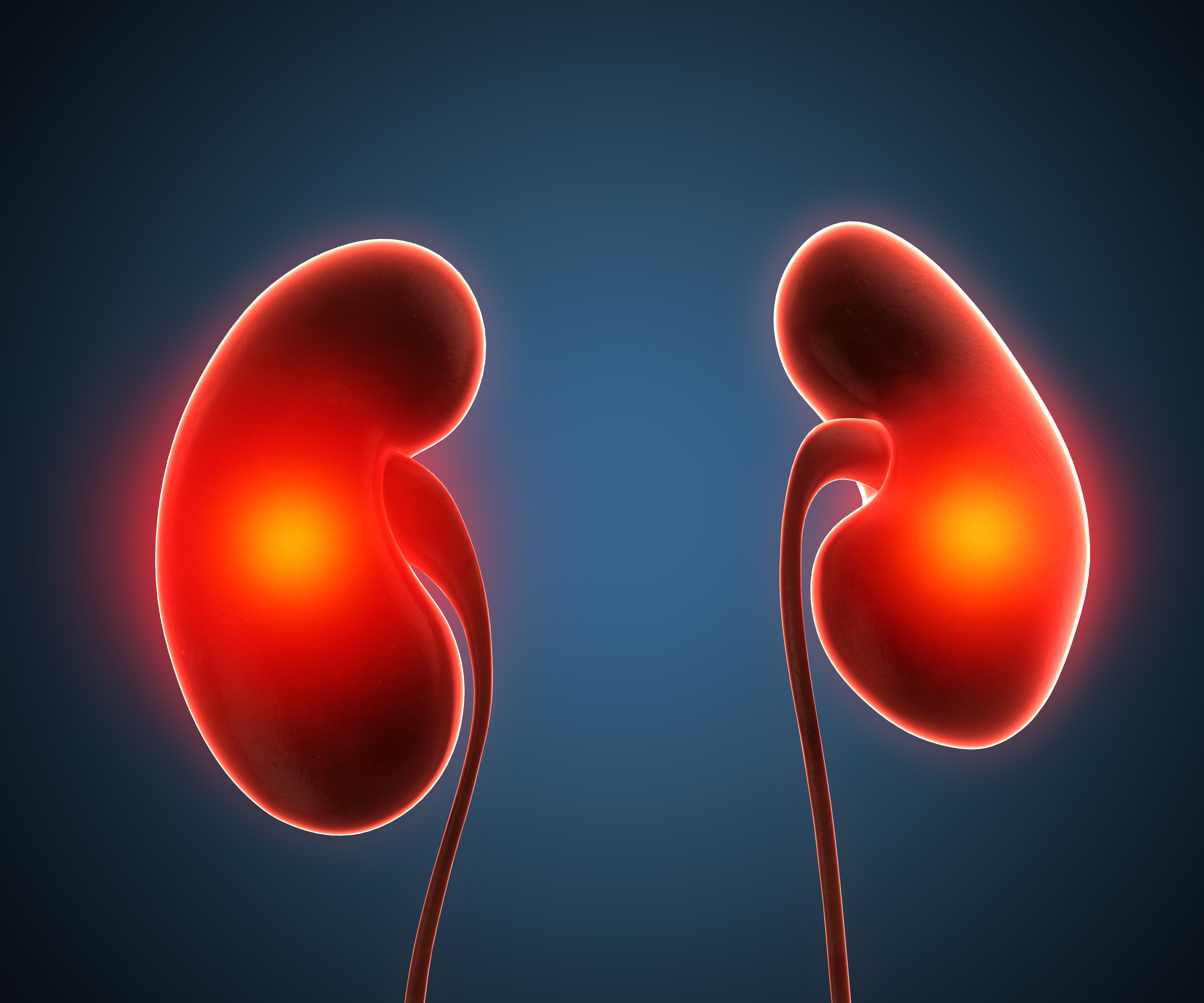Article
Adalimumab Biosimilars May Not be as Cost-Effective Based on Previous Rebates
Author(s):
Results showed even at a 55% discount, the biosimilar adalimumab-atto still costs more than double the launch price of reference adalimumab.
The biosimilar adalimumab-atto (Amjevita) launch in January 2023 marked the end of branded adalimumab’s (Humira) 20-year market exclusivity. It was listed as 2 versions: one with a list price 55% below the reference drug and a second with a list price %5 below adalimumab coupled with a presumed 50% rebate.
Inmaculada Hernandez, PhD, PharmD
Credit: University of Pittsburgh

A team of researchers, led by Inmaculada Hernandez, PhD, PharmD, Division of Clinical Pharmacy, Skaggs School of Pharmacy and Pharmaceutical Sciences, University of California, San Diego, sought to better understand the potential cost-saving potential for patients.1 Results showed that, even at a 55% discount, the biosimilar still costs more than double the launch price of reference adalimumab.
“To our knowledge, despite the long-anticipated entry of biosimilar adalimumab, no study has quantified net prices faced by payers after rebates for Humira,” wrote Hernandez and colleagues. “This information contextualizes the prices announced for biosimilars and enables estimations of savings associated with their entry.”
Investigators estimated commercial (private market and Medicare Part D) and Medicaid net prices of adalimumab after adjusting for rebates negotiated with pharmacy benefit managers (PBMs). A comparison of recent list and net prices for the reference product and biosimilars prices was compiled.
The annual gross sales as the product of list price and units sold were evaluated for the years 2013 through 2020. The difference between gross sales and company-reported net sales from the SSR Health dataset were estimated, and government discounts were subtracted, with the remaining amount ascribed to PBM rebates. Coverage gap discounts were estimated from the Medicare 5% sample and Medicaid inflation rebates were estimated separately for original adalimumab and the citrate-free version. It was assumed both the original and citrate-free versions would have the same net price after the PMB rebates.
Between 2013 and 2020, the reference drug increased from $1152 to $2784, signifying a 141% increase, and PBM rebates increased from $28 (2.4% of list price) to $973 (34.9% of list price). Additionally, the average net price for commercial and Part D plans increased 69% between 2013 ($1125) to 2018 ($1906), although they slightly decreased to $1812 in 2020 (ultimately representing a 65.1% increase from list price). The Medicaid base rebate was 23.1% of list price between 2013 and 2018.
PBM rebates surpassed 23.1% of list price after 2019, which set best price. Medicaid inflation rebates for the reference drug increased from 38.6% in 2013 to 69.6% in 2019, and the Medicaid net price decreased from 38.3% of list price to 0% during that same time. A significantly higher Medicaid net price was observed for the citrate-free version of adalimumab, due to inflation rebates being considerably lower.
Regardless of increasing rebates, the net price of adalimumab in 2020 was $1812, which was 3.5 times the launch price ($522). This year, the lowest-cost version of adalimumab-atto was $1558, which translates to a savings of %14 from the 2020 net price of the reference drug. However, despite the 55% discount, adalimumab-atto cost more than double the launch price of the bio-originator.
Investigators noted these estimations are limited by only being able to compare the 2020 net price of the adalimumab reference product with current adalimumab-atto pricing and a lack of data needed to estimate discounts to federal purchasers included under PBM rebates.
Although adalimumab-atto is not interchangeable, other interchangeable versions are expected to be launched in the United States in the second half of 2023, including adalimumab-adbm (Cyltezo), which was given United States Food and Drug Administration (FDA) approval in May ahead of its July launch.2
Investigators believe newer biosimilars may be able to compete more directly in terms of list price. For example, adalimumab-bwwd, which is administered using pre-filled pens (PushTouch autoinjector) or pre-filled syringes, is now available at list price ($1038), which represents a discount of 85% in comparison with the reference product.3 However, according to investigators, many biosimilars are only expected to be interchangeable with the original formulation and not the citrate-free version.
References
- Dickson SR, Gabriel N, Hernandez I. Contextualizing the Price of Biosimilar Adalimumab Base on Historical Rebates for the Original Formulation of Branded Adalimumab. JAMA Netw Open. 2023;6(7):e2323398. Published 2023 Jul 3. doi:10.1001/jamanetworkopen.2023.23398
- Pine, L. (2023, May 22). FDA approves biosimilar adalimumab-adbm autoinjector pen. HCP Live. https://www.hcplive.com/view/fda-approves-biosimilar-adalimumab-adbm-autoinjector-pen
- Pine, L. (2023b, July 5). Biosimilar adalimumab-BWWD is now available to patients in the US. HCP Live. https://www.hcplive.com/view/biosimilar-adalimumab-bwwd-is-now-available-to-patients-in-the-us





